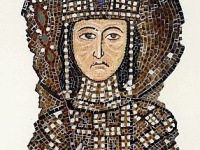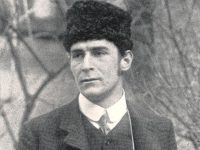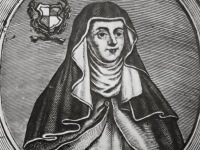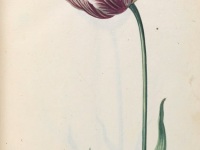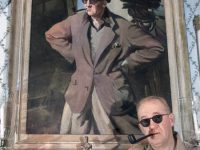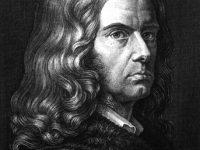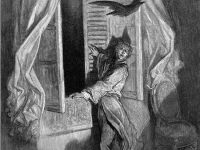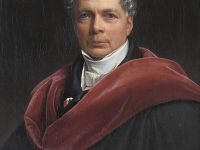The Theatre of Bertolt Brecht
On February 10, 1898, German poet, playwright, theatre director, and Marxist Bertolt Brecht was born. A theatre practitioner of the 20th century, Brecht is best known for his contributions to dramaturgy and theatrical production. There are few areas of modern theatrical culture that have not felt the impact or influence of Brecht’s ideas and practices. “It is not enough to demand insight and informative images of reality from the theater. Our theater must…
Read more


